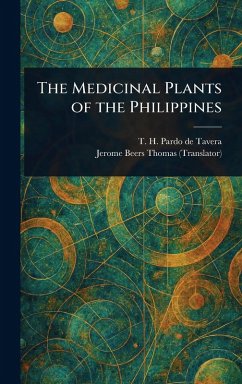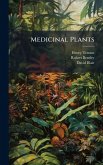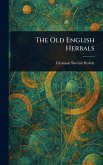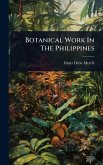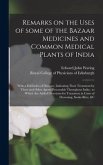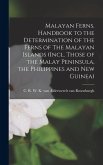Explore the rich botanical heritage of the Philippines with "The Medicinal Plants of the Philippines" by T.H. Pardo de Tavera. This meticulously prepared print edition offers invaluable insights into the traditional uses of plants for healing and well-being. Delve into the world of Philippine botany and discover a wealth of knowledge on herbal medicine practices passed down through generations. This book serves as a comprehensive guide to identifying and understanding the medicinal properties of various plants native to the Philippines. A vital resource for anyone interested in the intersection of science, nature, and traditional medicine, this enduring work provides a fascinating glimpse into a rich and time-honored system of healing. Discover the botanical wonders of the Philippines and the enduring power of medicinal plants. This work has been selected by scholars as being culturally important, and is part of the knowledge base of civilization as we know it. This work is in the public domain in the United States of America, and possibly other nations. Within the United States, you may freely copy and distribute this work, as no entity (individual or corporate) has a copyright on the body of the work. Scholars believe, and we concur, that this work is important enough to be preserved, reproduced, and made generally available to the public. We appreciate your support of the preservation process, and thank you for being an important part of keeping this knowledge alive and relevant.
Bitte wählen Sie Ihr Anliegen aus.
Rechnungen
Retourenschein anfordern
Bestellstatus
Storno

